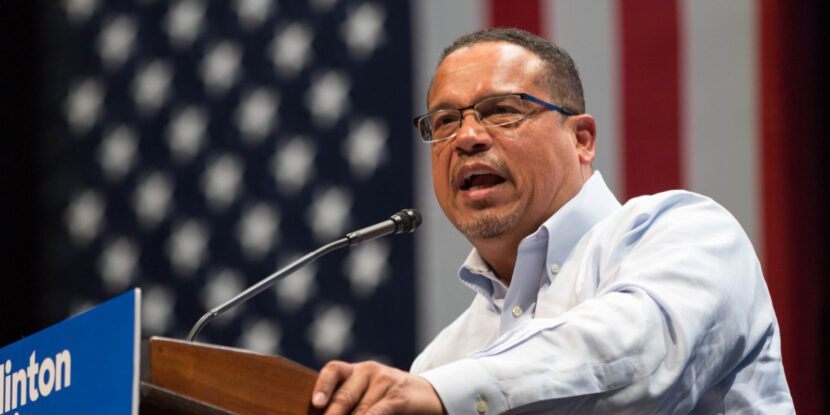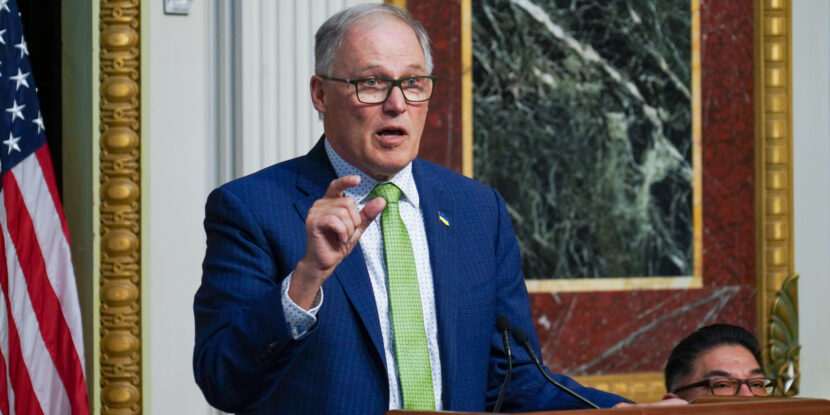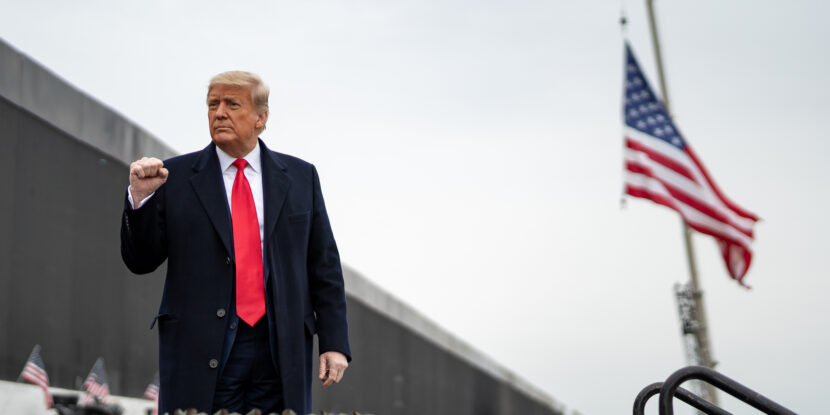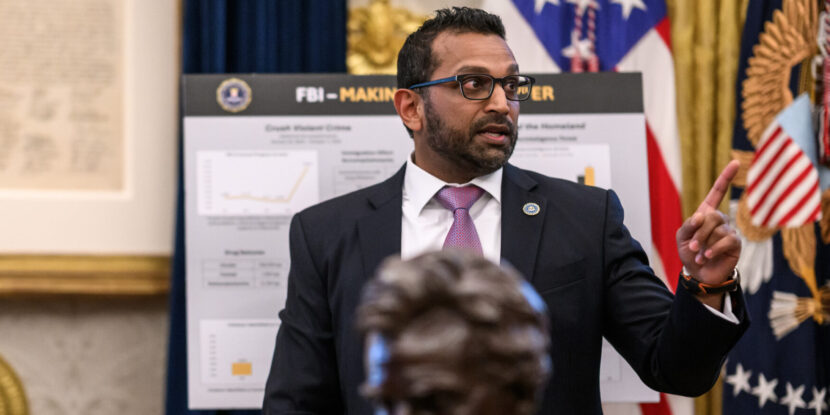❓WHAT HAPPENED: The Bank of England has warned of a growing risk of a “sudden correction” in global financial markets due to overvaluation in the artificial intelligence (AI) sector.
👤WHO WAS INVOLVED: The Bank of England, AI technology companies, financial analysts, and OpenAI CEO Sam Altman.
📍WHEN & WHERE: The warning was issued during a Wednesday meeting, with concerns spanning global markets, particularly the United States.
💬KEY QUOTE: “The risk of a sharp market correction has increased,” said the Bank of England’s financial policy committee, noting that “equity market valuations appear stretched, particularly for technology companies focused on artificial intelligence.”
🎯IMPACT: A potential AI bubble burst could destabilize the global economy, with AI spending now accounting for a significant portion of the U.S. GDP.
The Bank of England (BoE) is joining a growing number of financial sector voices warning that an artificial intelligence (AI) sector-fueled bubble is increasingly likely and could trigger a “sudden correction” in global financial markets. “The risk of a sharp market correction has increased,” said the Bank of England’s financial policy committee during a Wednesday meeting, warning that “equity market valuations appear stretched, particularly for technology companies focused on artificial intelligence.”
In recent weeks, financial analysts have grown more concerned about an AI bubble and subsequent burst. At least one analysis has found that the potential AI bubble could be 17 times the size of the dotcom-era bubble. Concerningly, the same data found that an AI bubble-fueled financial crisis could be four times worse than 2008’s Great Recession.
The National Pulse reported in late September that former Facebook executive Julie Zhou warned that much of the AI technology industry’s growth is not being driven by robust data-driven business strategies, but rather by “good instincts and good vibes.” Zhou argued that while the AI industry has tremendous promise, the technology is still far from achieving what many adherents claim. This has left the AI technology sector rife with speculative investment on a scale that could potentially threaten the U.S. economy should the bubble burst.
Zhou’s concerns have even been echoed by OpenAI CEO Sam Altman, who has acknowledged that the AI sector’s revenue lags far behind expenses. Over 33 US-based AI startups raised $100 million or more in 2025 alone, though none have yet to turn a profit or demonstrate market viability. Many of these start-ups, along with more established companies, are reliant on technology from industry leaders like Nvidia—with the former making up nearly 10 percent of the S&P 500.
Even more troubling, a report by Massachusetts Institute of Technology (MIT) researchers in August found that only five percent of AI pilot programs help businesses achieve “rapid revenue acceleration,” with the majority failing to deliver. Despite these concerns, generative AI now accounts for roughly 40 percent of the United States’ gross domestic product (GDP), making the economy heavily reliant on the industry’s stability.
Join Pulse+ to comment below, and receive exclusive e-mail analyses.




















